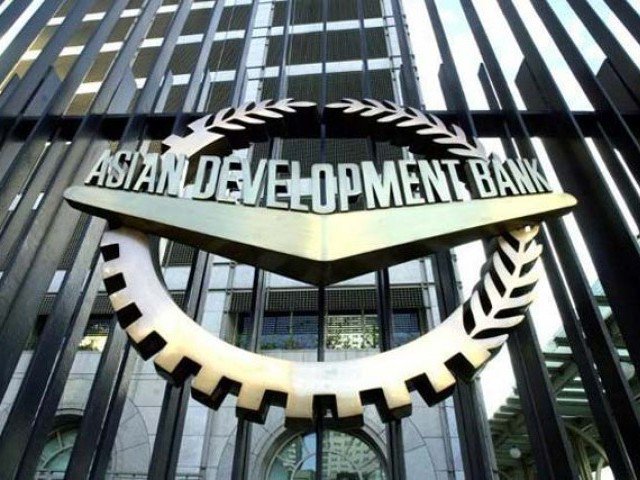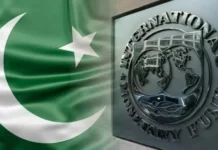
MANILA: The Asian Development Bank (ADB) on Thursday said the bank was ready to provide the public sector with a policy-based lending to support Pakistan’s budget deficit.
Addressing a press conference at the opening day of 4-day 51st ADB’s annual meeting here, the ADB said Pakistan had made remarkable progress in macroeconomic stability and had also successfully completed the International Monetary Fund (IMF) for the first time showing a good sign of improvement in the country’s economy.
And the President of Asian Development Bank (ADB) Takehiko Nakao on Thursday said the bank was ready to provide the public sector with a policy-based lending to support Pakistan’s budget deficit.
“I think there is a good progress especially in infrastructure and industrial sector and these sectors have been showing growth in recent years,” he said.
However, he suggested ensuring the provision of sufficient energy supply particularly to the industrial sector for making it sure that the economic development being made in recent years was sustained in future as well.
Mr Nakao also stressed the need for having a stronger macroeconomic policy to further improve the economic growth of the country.
He said during his visit to Washington last month at the occasion of IMF annual meetings, he had a good discussion with federal minister for finance Dr Miftah Ismail who informed that the government had taken multiple initiatives to control the energy crisis.
To a question, Nakao said cooperation between China and Pakistan was very important especially in connection with China Pakistan Economic Corridor (CPEC) which he said was an important part of the Chinese grand Belt and Road Initiative (BRI).
He said the business between the two countries had grown to many folds after the launch of multi-billion-dollar CPEC project which would improve connectivity not only between the two countries but with the whole region.
“There are so many projects ongoing including transport under CPEC which is helping improving connectivity in this region and due to these projects, the business environment between the two countries is also getting more better,” he said adding the increasing business activities under CPEC are a good sign for Pakistan’s economic front.
Later during a media briefing with journalists hailing from Central and West Asian countries including Pakistan, Georgia, Afghanistan, and Armenia, Director General for Central and West Asia Department, ADB, Werner Liepach said the ADB had a plan to provide a loan of around US$6-7 billion during next three years from 2018-2020 to support various projects in energy, infrastructure and other schemes.
He said at present the average loan disbursement to Pakistan by the ADB was around $2.2 billion per year.
To a question, he said Pakistan had no need to get a bail-out package because its economy was relatively stronger at present as compared to that in 2013.
“Economic activities in Pakistan are growing especially under the umbrella of CPEC, the inflation rate is in control, and exports have also started growing now, therefore there is no need to be panic at this stage,” he added.
Director General Cooperation and Operation Division of ADB, Safdar Pervaiz was also present on the occasion.
Werner informed that ADB would also provide policy-based lending to the new government that would take over after the general election in Pakistan likely to be held in July.
He said there was not a big difference in economic policies between the big political parties, so the bank would not have much difficulty in dealing with any new government as he hoped that the new government would follow the policies of the previous government.
Werner Liepach, who is also a former country director for Pakistan, said Pakistan had shown a very good improvement in term of GDP growth rate as the country achieved a growth rate of 5.8 percent in current fiscal year-the highest in 13 years.
However, to a question regarding target of 6.25% growth rate set by the government against the projected growth rate of 5.1 percent set by the ADB for fiscal year 2018-19, Werner said although ADB’s projected rate of 5.1 percent could be revised upward but he sees the Pakistani government’s target of 6.25 percent as, over-ambitious which was not achievable.
Regarding rupee depreciation, the DG of ADB said the rupee valuation should not be controlled by the government.
“Let the market to decide the real value of rupee,” he suggested the Pakistan government.






